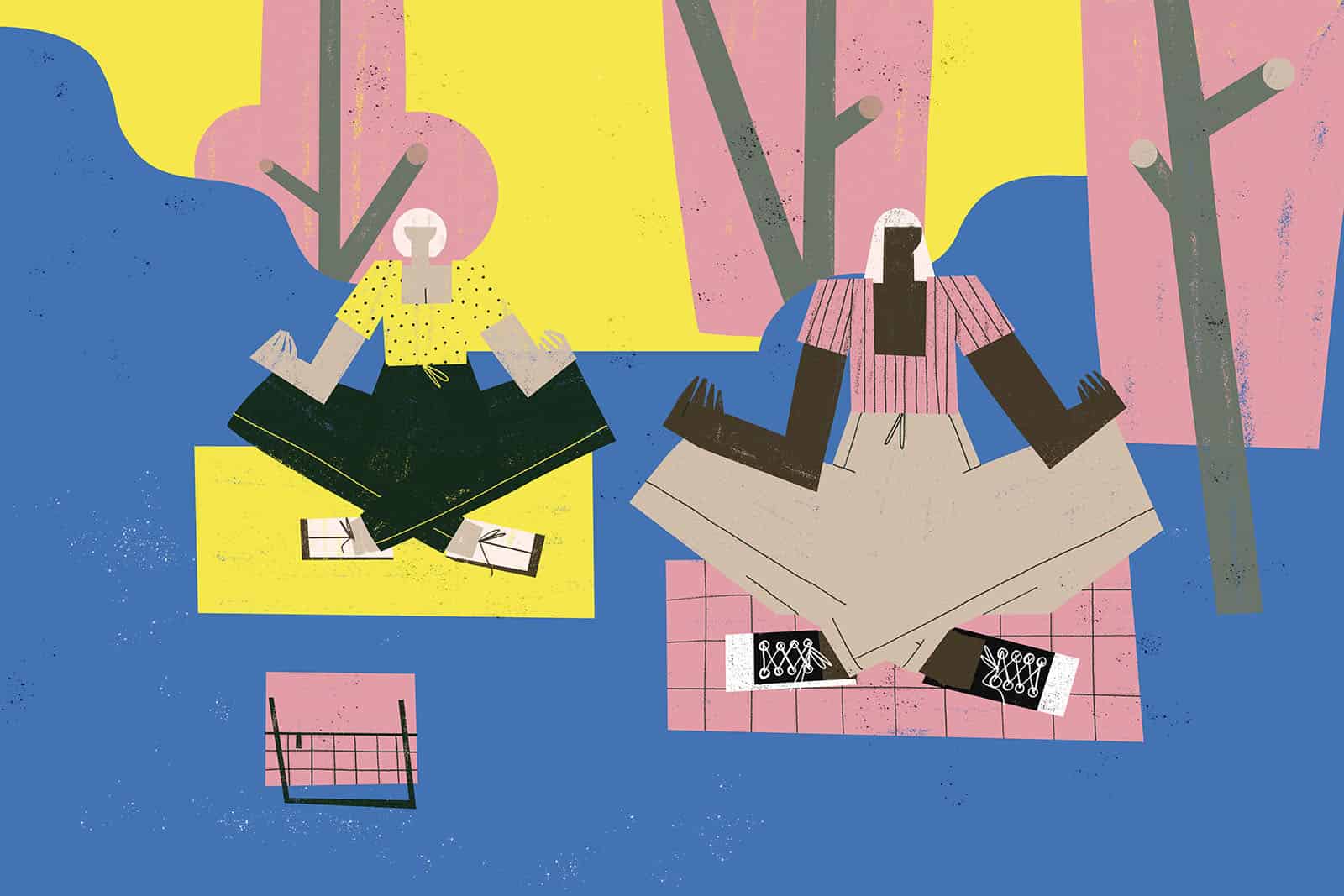Did East Berlin smell different from West Berlin?
Ben Fergusson considers the benefits of doing historical research online – during a pandemic and beyond
Lorem ipsum dolor sit amet, consectetur adipiscing elit. Aliquam vehicula sit amet tellus et cursus. Nam eu lectus facilisis diam tincidunt feugiat. In a elementum turpis. Praesent luctus sollicitudin arcu, et facilisis odio. Phasellus ultricies arcu mauris, id placerat lacus blandit ac. Suspendisse condimentum fringilla dolor. Maecenas eget dapibus orci, non ultricies dui. Nam bibendum neque pretium magna sagittis congue vel sollicitudin nunc. Praesent fermentum tempor risus, a tincidunt leo auctor porttitor. Vivamus vehicula justo sed mauris ultricies, in egestas mauris sodales. Pellentesque venenatis leo odio, sed blandit massa condimentum quis. Duis mattis feugiat efficitur. Sed interdum ultrices diam varius interdum. Donec vel ultricies risus. Phasellus fringilla ligula nibh, nec consectetur leo cursus ut.
Sed in tortor augue. Vestibulum leo risus, cursus sed purus non, congue accumsan est. Ut iaculis massa vel quam bibendum gravida. Donec malesuada leo augue, a tempor sem lacinia nec. Vivamus tempor mauris eget posuere luctus. Nullam pulvinar congue velit, id sodales massa auctor nec. Donec sapien nisl, euismod id libero ac, interdum pretium ante. Phasellus posuere eros id eros lacinia, et maximus mauris fringilla. Maecenas dapibus vestibulum lacinia.
Sed molestie nunc ac nisi sagittis ornare. Nulla ac nisl risus. Proin cursus est ante, eu euismod dui iaculis nec. Vivamus sit amet velit id elit vehicula vehicula. Suspendisse ac massa quis nibh sodales laoreet sit amet eu odio. Fusce augue lorem, mollis eu metus et, sollicitudin congue elit. Pellentesque habitant morbi tristique senectus et netus et malesuada fames ac turpis egestas. Vestibulum turpis lorem, porttitor sit amet commodo in, blandit ac lectus. Duis vestibulum aliquam aliquam. Aliquam auctor dolor tellus, ut efficitur velit vulputate eget. Cras in mollis orci, in sodales ipsum. In sem ex, tempus ut interdum vel, euismod in ante. Integer id ultricies turpis. Nulla porta sed lacus convallis consequat. Curabitur porttitor sapien euismod consectetur blandit. Nam tristique dignissim magna, vitae fringilla dolor sollicitudin vel.
Praesent ut vestibulum eros. Quisque luctus sodales est sed ultricies. Suspendisse potenti. Lorem ipsum dolor sit amet, consectetur adipiscing elit. Fusce dapibus tortor at ligula bibendum venenatis. Morbi ac gravida ex. Vestibulum hendrerit lectus at elit finibus rutrum.
Aenean pretium enim eu purus vulputate congue. Mauris eu placerat diam. Maecenas eu diam in arcu vehicula euismod sit amet at risus. Phasellus lorem massa, ultricies ac varius et, tristique pulvinar nulla. Fusce semper nibh lorem, eu vehicula eros luctus hendrerit. Quisque varius maximus condimentum. Fusce ullamcorper ante quis diam sollicitudin, at lobortis urna sodales. Nulla suscipit dui quis mi mollis molestie. Etiam id metus vel odio faucibus volutpat. Donec mollis elit magna. Aliquam mattis ex mauris, et auctor augue fermentum at.


